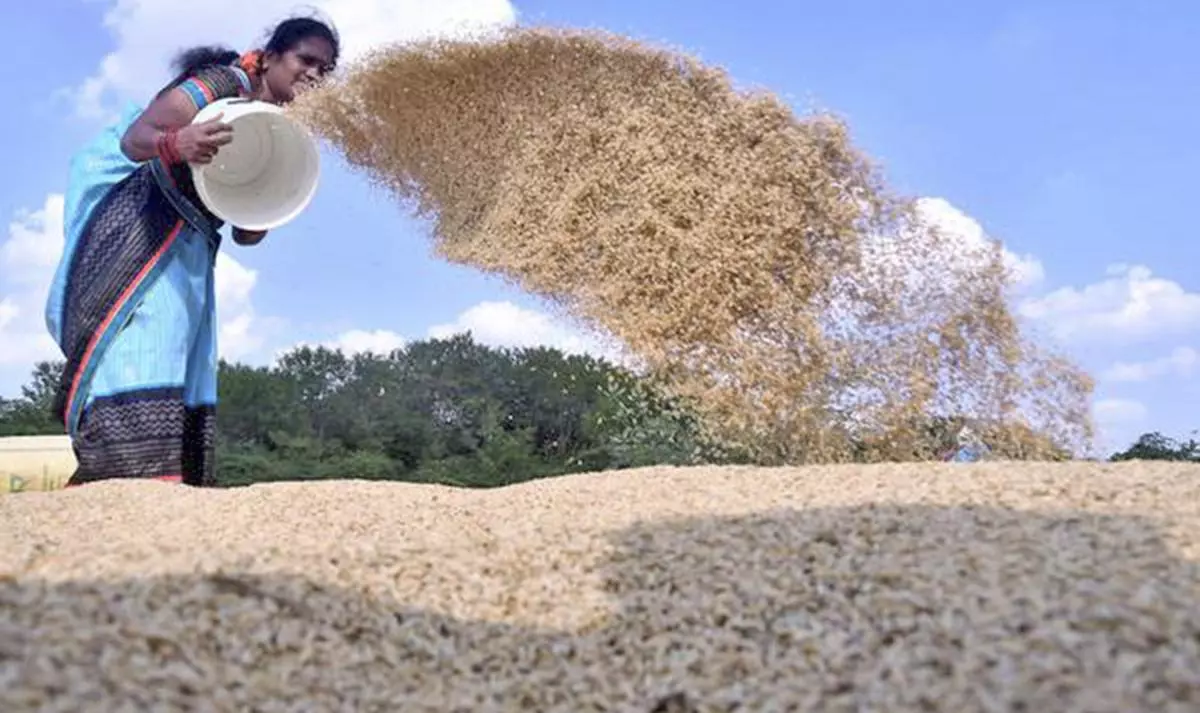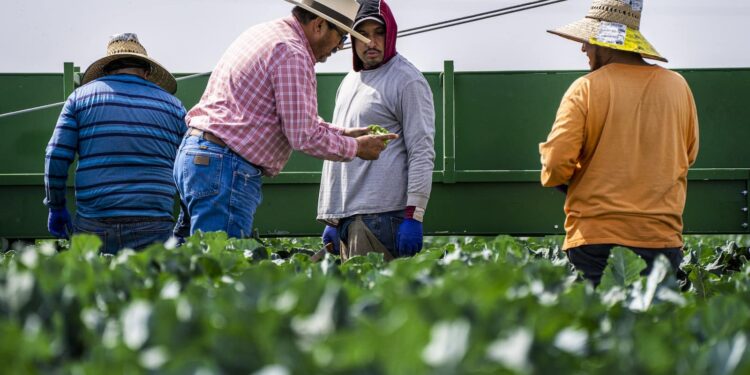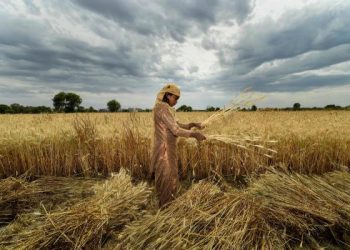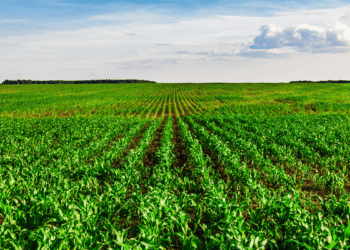Trade policies are an important aspect of the global economy and have a significant impact on the agriculture industry. The policies determine the flow of goods and services between countries, affecting the prices of agricultural products, the access of farmers to markets, and the competitiveness of the agriculture sector. In recent years, trade policies have become increasingly complex, and the agriculture industry has been impacted by a range of different trade agreements and initiatives.
The report will also explore the challenges and opportunities that the agriculture industry faces in the context of trade policies, and will provide recommendations for farmers and policymakers on how to maximize the benefits of trade for the agriculture sector.
Current State of Trade in Agriculture
The agriculture sector is one of the largest and most complex sectors in the global economy, and it is highly dependent on trade. Agricultural products are traded across borders for various reasons, including the need for food security, the demand for high-quality products, and the need for greater competitiveness in the market.

In recent years, trade in agriculture has been impacted by a range of different factors, including changes in trade policies, increased competition from other industries, and the impact of climate change. Despite these challenges, the agriculture sector has continued to grow and thrive, and it remains an important contributor to the global economy.
Challenges and Opportunities in Trade Policies
One of the main challenges facing the agriculture sector in the context of trade policies is the increasing complexity of trade agreements. With the growth of regional and global trade agreements, farmers and policymakers face the challenge of navigating these agreements and understanding their impact on the agriculture sector. This complexity can make it difficult for farmers to access new markets, and it can also make it challenging for policymakers to promote the interests of the agriculture sector.
Another challenge facing the agriculture sector is the growing competition from other industries. With the increasing global demand for food, the agriculture sector faces competition from other sectors, such as the renewable energy and technology industries. This competition can make it more difficult for farmers to access markets, and it can also increase the pressure on the agriculture sector to innovate and remain competitive.
Despite these challenges, there are also significant opportunities for the agriculture sector in the context of trade policies. One of the key opportunities is the potential for increased access to new markets. With the growth of regional and global trade agreements, farmers and policymakers have the opportunity to access new markets and increase their competitiveness in the global economy.
Another opportunity for the agriculture sector is the potential for increased innovation. With the growth of trade and the increasing demand for high-quality products, the agriculture sector has the opportunity to innovate and develop new products and technologies that can meet the needs of consumers and increase competitiveness in the market.
Recommendations for Farmers and Policymakers

To maximize the benefits of trade policies for the agriculture sector, farmers and policymakers need to take a proactive approach to trade. This includes promoting the interests of the agriculture sector in trade negotiations and working together to ensure that trade policies are favorable for the sector.
Farmers and policymakers can also work together to promote the development of new technologies and products in the agriculture sector, and to ensure that the sector remains competitive in the global market. This can be achieved through investment in research and development, the promotion of innovation and entrepreneurship, and the creation of partnerships between farmers, technology companies, and policymakers.
Another key recommendation for farmers and policymakers is to improve education and awareness about trade policies and their impact on the agriculture sector. This can be achieved through training programs, workshops, and informational resources, which can help farmers and policymakers understand the complexities of trade agreements and make informed decisions about trade.
In addition, farmers and policymakers need to prioritize the protection of agricultural data privacy and security. With the increasing use of technology in agriculture, there is a growing concern about the security of sensitive information, such as farm management data and trade secrets.
It is important for farmers and policymakers to work together to implement robust security measures to protect this information and to ensure that the agriculture sector remains competitive and secure in the global market.
Conclusion
Trade policies have a significant impact on the agriculture sector, and it is essential for farmers and policymakers to work together to maximize the benefits of trade for the sector.
Despite the challenges facing the agriculture sector, there are also significant opportunities for growth and innovation, and it is up to farmers and policymakers to take a proactive approach to trade and ensure that the sector remains competitive and secure in the global market.
The agriculture sector is a vital part of the global economy, and it is important for policymakers to prioritize the interests of the sector in trade negotiations. By working together to promote trade, innovation, and security in the agriculture sector, farmers and policymakers can help to ensure a bright future for the sector and to provide a secure and sustainable food supply for the world.











